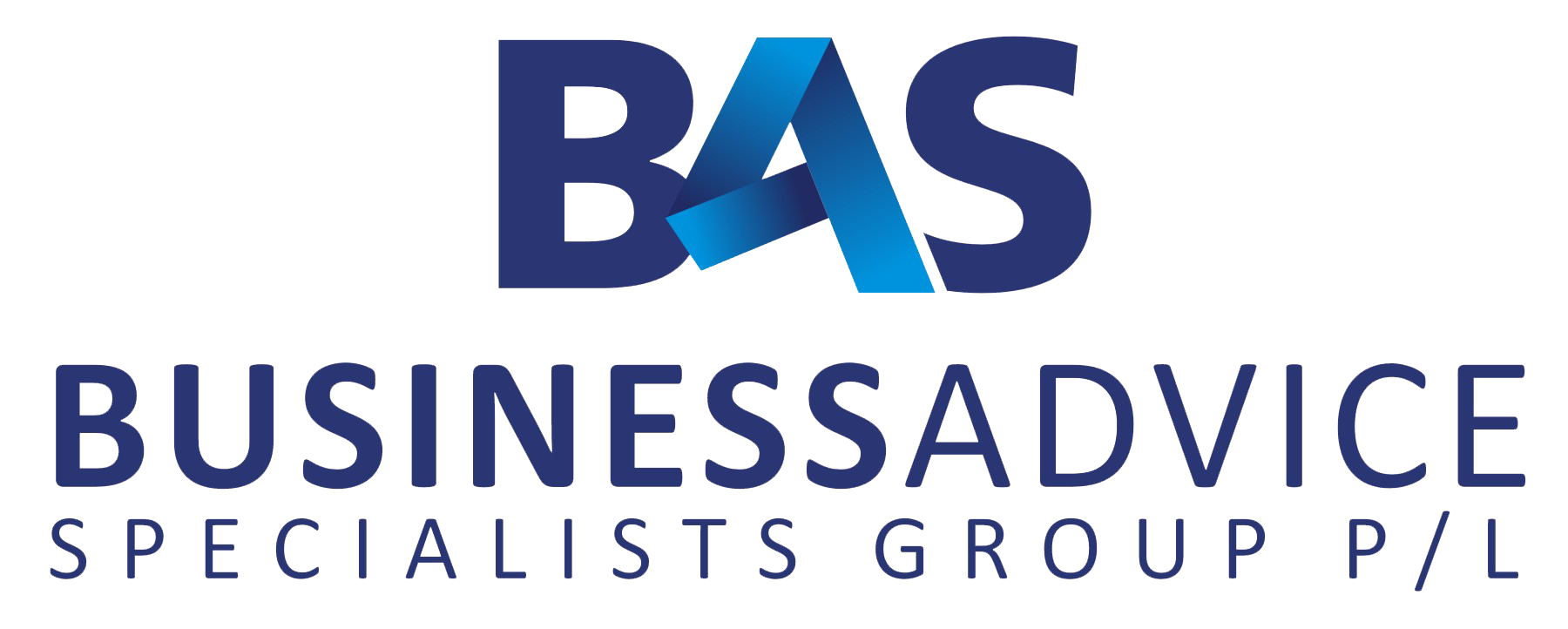Small Business Bookkeeping can be time-consuming and frustrating, however, there are some basic things small businesses can do to simplify their bookkeeping. Bookkeeping, of any kind, depends on accuracy; if numbers aren’t accurate then small businesses will make more work for themselves. Small business bookkeepers need to have systems in place in which they are able to ensure that payments are made on time and books are balanced with the utmost accuracy. Bookkeeping is the documentation of any and all financial activities of a business.
Small Business Bookkeeping is a growing industry and individuals need to be aware of the different types of accounts.
- Cash – Know what cash is coming in and what cash is going out of the business.
- Current Assets – Assets that are expected to be converted into cash within the next year.
- Non-current Assets – assets (such as land and other property) that is not expected to be converted into cash within the next year.
- Current Liability – anything your small business client will owe within the next business year.
- Non-current Liability – anything your small business client owes but it is not due within the next year.
- Equity – The value of shares in a given company
- Income – the money that is brought in from the small business
- Overhead (expenses) – incurred cost of products or services within a small business.
- Inventory – products that businesses have to sell.
- Payroll Expenses – keep the amount businesses pay employees.
Small Business Bookkeepers are responsible for a multitude of different responsibilities to keep the records of the small business up-to-date and accurate. A company’s success is going to rely heavily on accurate bookkeeping to see where they are falling short and where gains are being made. Responsibilities of a small business bookkeeper include the following (but are not limited to):
- Updating and keeping all financial records accurate.
- Deposits and Withdrawals (i.e. balancing a chequebook; paying bills).
- Reconciliation of all accounts (including any accrued receipts and other transactions).
- Accurately tracking inventory of product-based businesses.
- Accurately tracking profit of a service-based business.
- Keeping backup files of all bookkeeping data, transactions, receipts, and other documents.
- Accounts payable – paying employees and ensuring timesheets are accurate and current.
- Accounts receivable – paying bills in a timely manner and checking the accuracy of all bills.
- Reconciliation of all banking information (checking/savings/loans/credits).
- Know the difference between what constitutes a debit or a credit.
- Help prepare tax returns
It is vitally important as a small business bookkeeper to keep accurate data. One of the ways that this can be accomplished is to make sure that in doing the bookkeeping the right software is being used and maintained and updated with the utmost accuracy. There is a multitude of different software that can be used in bookkeeping. Some platforms work better with certain types of business. It is so very important that research is done to make sure the bookkeeping software chosen is what works best for your company. Nothing in the world of small business bookkeeping should be put off and saved for your “I’ll do later” list – this is where so many small businesses starts to get into trouble – when they don’t have accurate records and are in the habit of not updating them regularly.
There are some best practices that can be followed to make sure the bookkeeping is accurate, consistent, and up-to-date. Best practices are practices that are prescribed and are shown to be the most effective way in which to do things. The number one best practice for small business owners or small business bookkeepers is to up-date or balance your financial transactions either daily or weekly, depending on the source and income of your business. This is a best practice because by staying on top of the financial transactions you are acutely aware of money coming in and money going out, and won’t be surprised along the way. Another best practice in the world of bookkeeping is to document, document, document. We live in a world where being audited is very foreseeable, and the best way to avoid some of the stress when being audited is to make sure that you have documented everything going in and out of the small business. There are many horror stories that I have read or come across of small businesses that found themselves in trouble because they did not accurately keep track of their receipts, this really is a simple fix to tracking expenses, keep track of any and all receipts that are related to the business. Documentation is the best way that small businesses have to investigate when problems arise financially.
Bookkeeping is an important and vital part of any and every small business endeavor, if the books aren’t accurate and kept up-to-date then more than likely the business will start facing problems, because they will not know there source(s) of income or what their expenses may be. Bookkeeping can be daunting if it is put off, but it can be rewarding if done accurately and efficiently. Having accurate books on record helps small business know where there company is heading and what changes may or may not need to be made.
In summary it is vital to know what each and every type of account is and what it is to be used for (credits vs. debits). It is important to invest in the right type of software so that the bookkeeping is accurate and also know how to use the software accurately and efficiently. It is vitally important to know what tasks are involved in bookkeeping and know how to perform these tasks accurately, the last thing anyone wants to do is to inaccurately record financial data and transactions. Document. Document. Document. Documentation to many is one of the most important things in bookkeeping, accurately documenting helps to insure that all transaction data is accurate and current. Accurate bookkeeping helps to keep small businesses running effectively.

